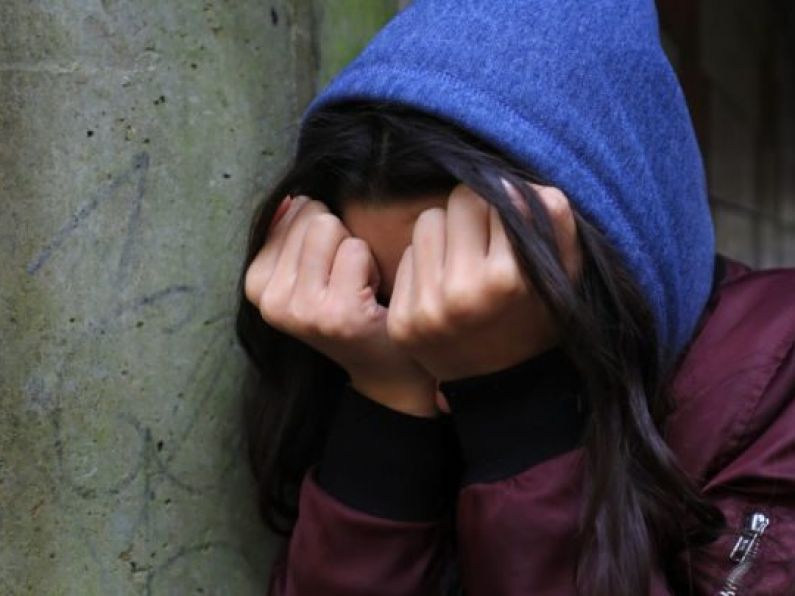By Cate McCurry, PA
Almost one in five 13-year-olds has some symptoms consistent with depression, new research has found.
Young girls rather than boys were significantly more likely to suffer from these symptoms.
The Growing Up in Ireland report, carried out jointly by the ESRI and Trinity College Dublin, documents the mental health and wellbeing of the 13-year-olds in the study, some 16 per cent of which have symptoms consistent with depression.
Turning 13 is a key stage in the lives of Cohort 98 as they transitioned from primary to secondary school and entered puberty, all in the context of the recession of 2008 to 2013.
The report is based on interviews with more than 7,400 children and their families, conducted first when the children were nine years of age, and again when the children were 13.
The report provides detailed findings and extensive insights into the mental health and wellbeing of 13-year-olds, in the context of how they were doing at age nine.
The results look at the role of puberty, relationships with parents and friends/peer group and family economic factors on outcomes like symptoms of depression and anxiety, engagement in antisocial behaviour, and use of alcohol, drugs and cigarette smoking.
It found that the majority of 13-year-olds were doing well, but there were some different patterns for boys and girls.
Cigarettes and alcohol
Some 88 per cent of 13-year-olds were not displaying any significant levels of difficulty in terms of social and emotional wellbeing.
Some nine per cent of the 13-year-olds had previously smoked a cigarette, but only two per cent of the sample currently smoked.
About half of these smoked every day.
Some 15 per cent had previously had an alcoholic drink, other than just a few sips, and boys were more likely than girls to have previously had an alcoholic drink.
However, only half of these had consumed a whole drink the previous year.
Some 80 per cent displayed no significant difficulties at either nine or 13 years, while about seven per cent were categorised as having difficulties at both nine and 13.
The authors of the report said that this was the group they were most concerned about, as their social, emotional and behavioural problems were likely becoming more entrenched.
Predictors of depressed mood
The report also found that early maturing girls had poorer outcomes than girls who were either on time or late maturers.
These girls had higher depressive scores and higher antisocial behaviour. They were also more likely to have smoked cigarettes and consumed alcohol.
Having more friends, older friends, being a perpetrator of bullying at age nine and higher levels of alienation from peers were all associated with higher levels of antisocial behaviour, for both boys and girls.
Conflict and low levels of closeness with mothers, more so than with fathers, were important predictors of higher depressed mood among girls.
Girls who reported that their mothers and fathers granted them autonomy and freedom had lower levels of depressed mood.
For boys in a depressed mood, again parent-child conflict had a key role, although it was conflict with fathers, rather than with mothers, that mattered more.
Fathers being more responsive to their sons’ needs resulted in these boys having lower levels of anxiety and depression symptoms.
Fewer difficulties also emerged when boys perceived that their mothers granted them appropriate autonomy.
For both boys and girls autonomy-granting was a protective factor against depressed mood.






